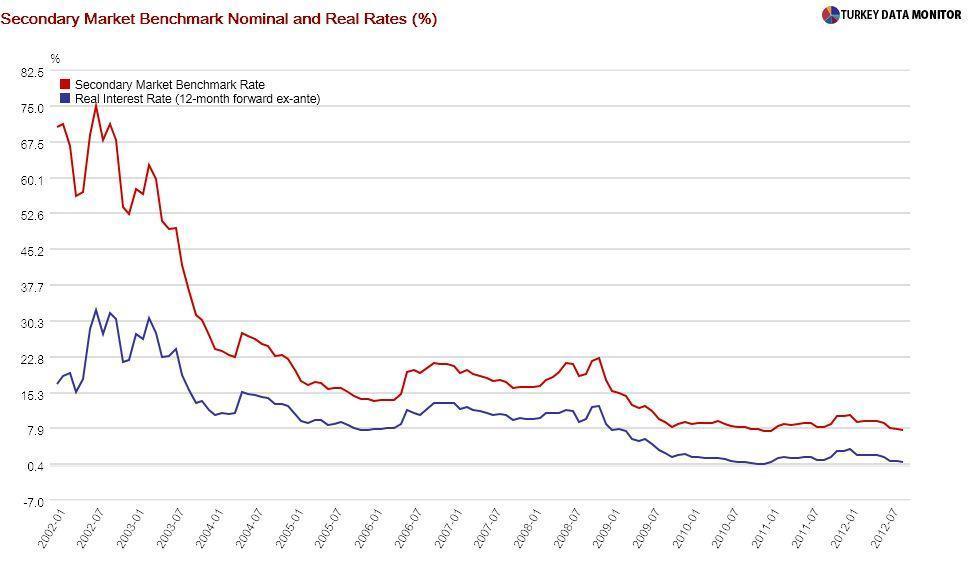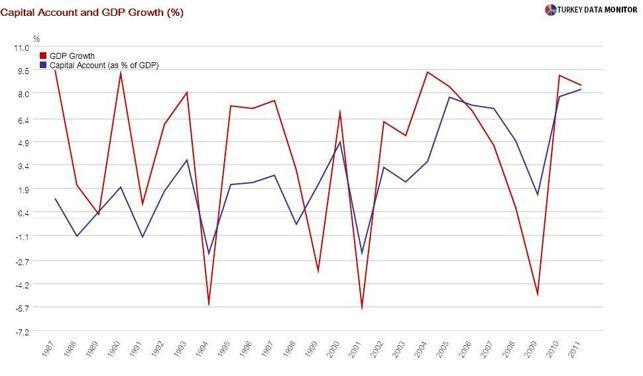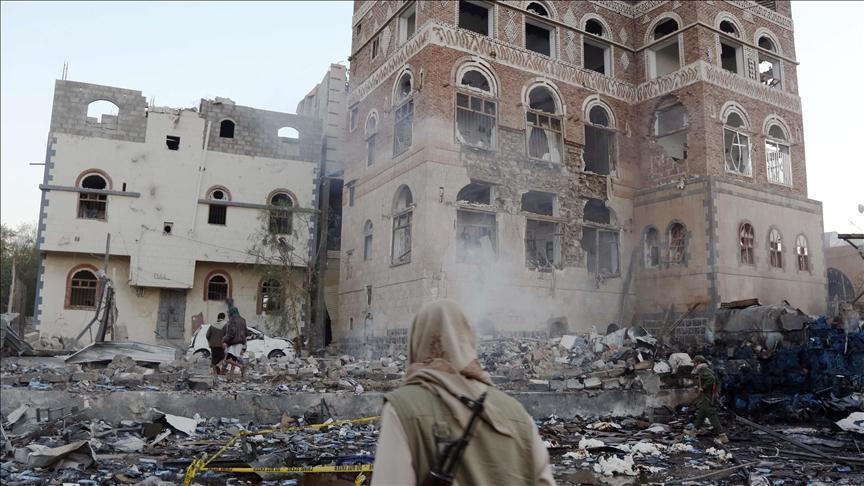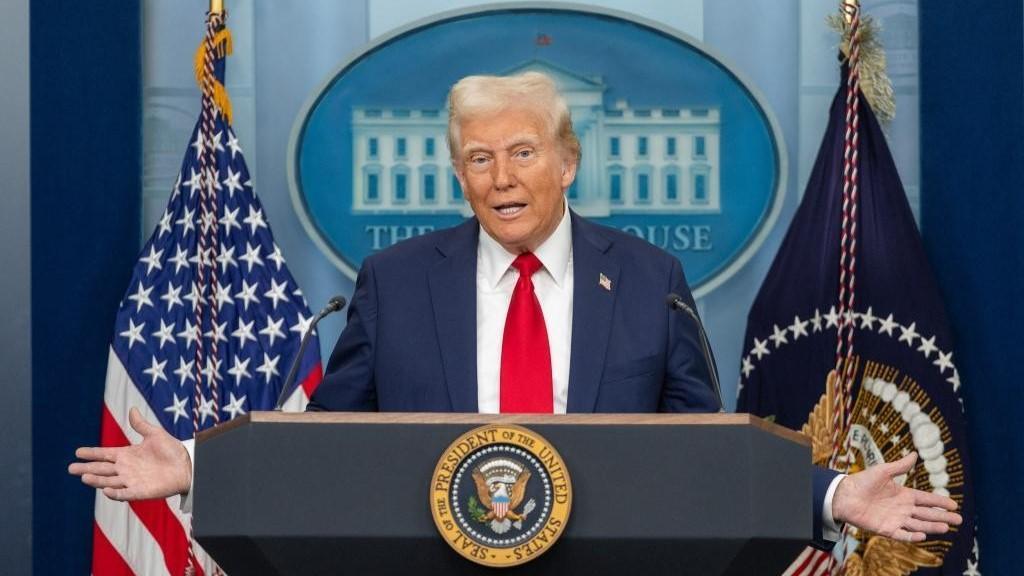The president’s speech
 Nearly a fifth of President Abdullah Gül’s speech at the commencement ceremony of the Parliament on Oct. 1 was devoted to economics. That’s quite a bit when you consider that the president had a lot on his agenda, from jailed journalists and deputies to Syria and terrorism. I was particularly curious to see the president’s position on the fight between ministers Zafer Çağlayan and Ali Babacan on the direction of economic policymaking, which I summarized last week.
Nearly a fifth of President Abdullah Gül’s speech at the commencement ceremony of the Parliament on Oct. 1 was devoted to economics. That’s quite a bit when you consider that the president had a lot on his agenda, from jailed journalists and deputies to Syria and terrorism. I was particularly curious to see the president’s position on the fight between ministers Zafer Çağlayan and Ali Babacan on the direction of economic policymaking, which I summarized last week.
By noting that any slackening in fiscal and monetary discipline would lead to irreparable damage, the president clearly sided with Babacan. And his emphasis that “the results we desire may be achieved not by instruction, but only by pursuing the right policies” could be interpreted as a stab at PM Recep Tayyip Erdoğan, who is fixated on lowering interest rates despite real rates near zero.
Gül’s other points about the economy summarize some of the dilemmas facing policymakers. For example, he noted that “our goal should be to achieve high growth without a current account deficit and without distorting price stability and financial stability.” To do that, the country needs to switch from its current demand-side external finance-driven growth model to a supply-side export-led model.

But for that to happen, we would need the implementation of a comprehensive structural reform agenda. Given the upcoming local, general and presidential elections, as well as Erdoğan’s possible intentions to become the next president after increasing the powers of the presidency, these reforms seem unlikely to happen.
However, the row between Çağlayan and Babacan is nothing like the austerity versus spending fight in the eurozone. Everyone wants economic expansion; in fact Central Bank Governor Erdem Başçı has emphasized that Turkey needs high growth. It is just that Babacan & co. would like to achieve the “sustainable growth and stable economic environment” Gül is calling for, while Çağlayan and Erdoğan would just like a quick shot of adrenaline.
It seems they will be getting their way. While Gül urged the government “not [to] lose sight of the strategic vision for implementing the medium to long-term structural reforms,” the “Justice and Development Party 2023 Politics Vision,” a booklet prepared for the party’s general congress the day before Gül’s speech, did not mention reforms at all. That document is aiming for a 2 trillion-dollar economy by 2023. Doing the math reveals that Turkey would need to grow at least 5 percent per year on average to achieve that figure. Without the productivity-enhancing improvements in education and innovation Gül was prioritizing in his speech, Erdoğan is probably counting on a “growth fairy,” a distant cousin of the eurozone’s confidence fairy.
Interestingly enough, even Babacan has not mentioned the r-word for a while. The same goes for his passion for increasing the country’s low savings rate as a cure to the chronic current account deficit. Maybe, he is just being realistic, given his boss’ priorities. This is a pity. As Gül underlined, “overconfidence and complacency are sentiments that administrators of the economy should always avoid.”










